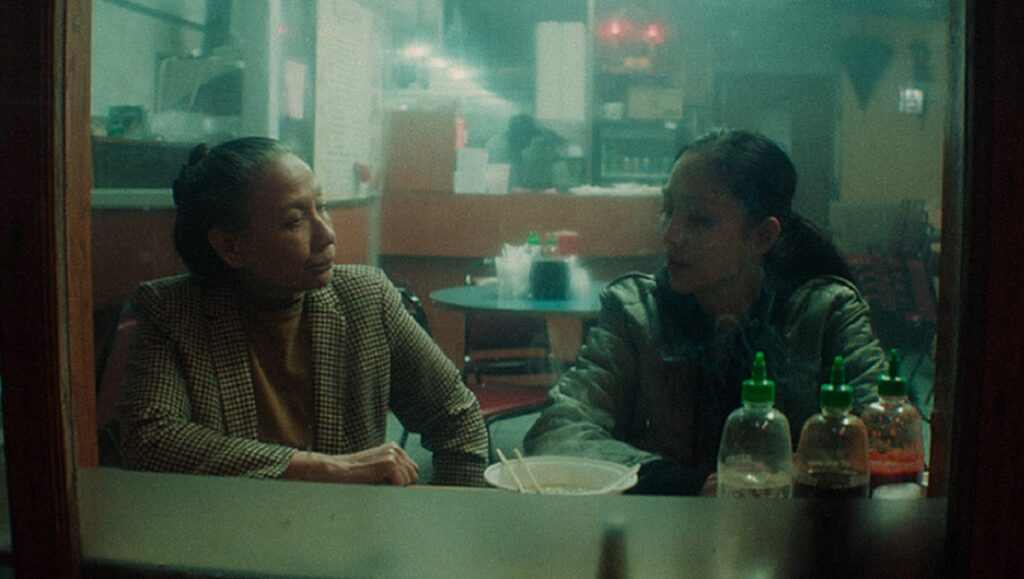Snakehead foregrounds its lead actress to magnificent effective, offering a film far more singular than its generic setup suggests.
Snakehead starts with a rather deceptively benign premise that promises a much more generic film than is actually on offer. A Chinese immigrant gets mixed up with human trafficking while attempting to make a better life for herself and her family, blah blah. What ends up on screen, however, is more of a tight, pulpy thriller with a minimum of exposition, some economical performances, and an exhibition of shrewd cinematography.
Sister Tse (Shuya Chang) arrives in New York illegally, in a cargo container. Years ago, she abandoned her infant daughter to send her to America, and now she’s here in a perhaps futile attempt at redemption. But she’s also in debt to the cartel of smugglers that delivered her, to the tune of tens of thousands of dollars. Indentured servitude is one thing, but Tse immediately displays to her “keepers” that she’s more than just a janitor or prospective sex worker, and pretty soon she’s running increasingly shadier errands for local boss Dai Mah (the legendary Jade Wu) and her dangerously foolish son, Rambo (Sung Kang).
Chang’s performance is truly remarkable, a portrayal of a woman who’s able to cross moral boundaries not because she’s ambivalent or unfeeling, but because she’s singularly intent on survival. This ultimately does not become a story of redemption or of justice, but of simple pragmatism, and the tiny acts of trust and kindness that ambition affords. As Tse’s relationship with Dai Mah deepens, of course, ripples appear in the stream (especially as regards a friendly family Tse wants to help get into the country without the burden of debt), and eventually even some bodies start to stack up, but she never wavers, and Chang manages to stay almost monotonous in her affect and posture with only micro changes in expression. (Hopefully, this role brings about some real clout for her.)
Director Evan Jackson Leong knows his muscle here, and he makes the most of his lead actress. The camera rarely ever shies from her countenance or her purposeful walk or her steely eyes. Even when the other characters seem dangerous (especially Kang, in a small but crucial role as a sort of Elmore Leonard-style antagonist, deadly because of his stupidity), or when Tse appears trapped, Leong centers the compositions on his leading lady; it’s her decisions that will ultimately steer the narrative and the images. It’s just one of several critical decisions that sets Snakehead apart from so many similarly-shaped narratives.
Originally published as part of NYAFF 2021 — Dispatch 4.


Comments are closed.